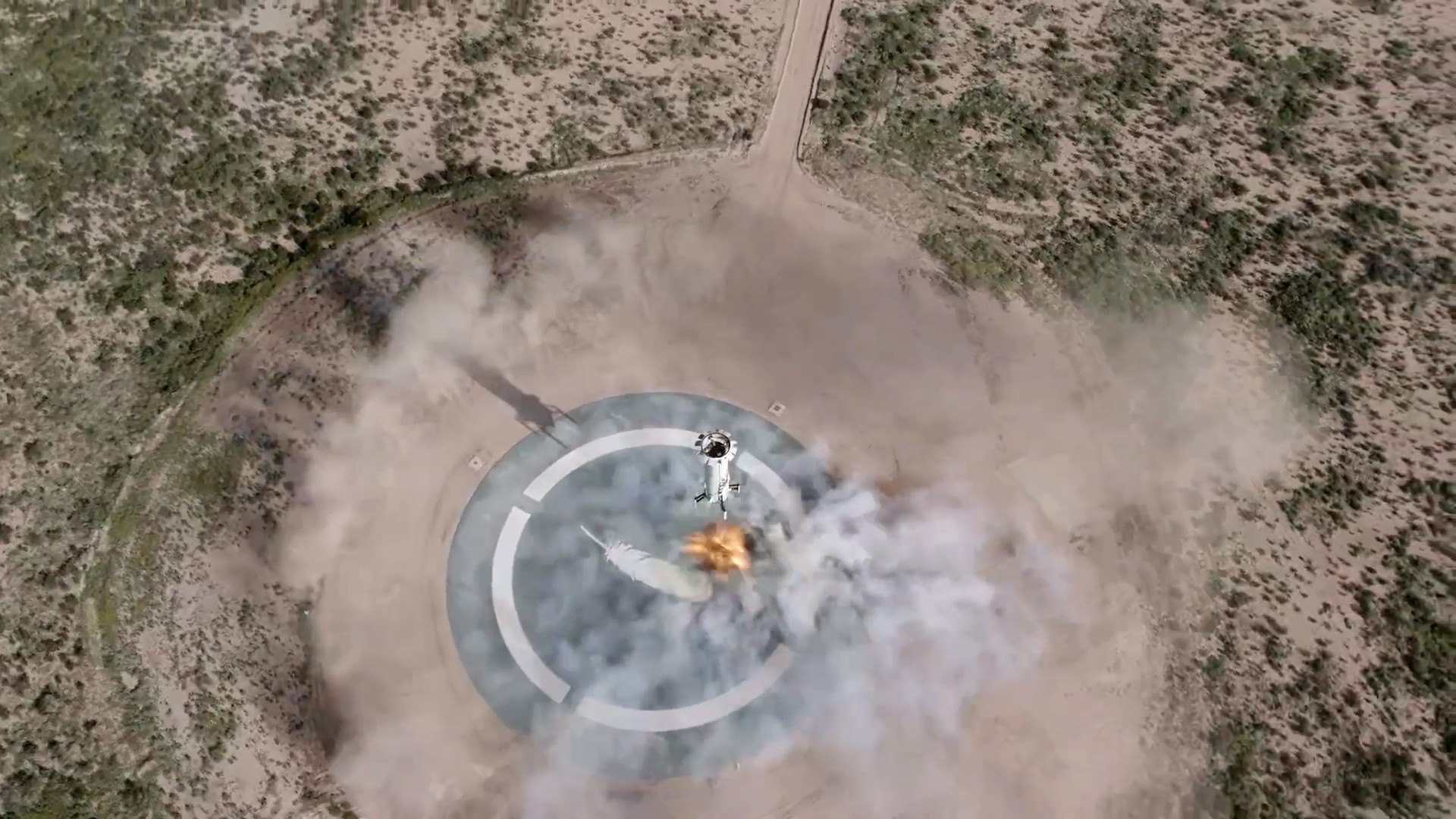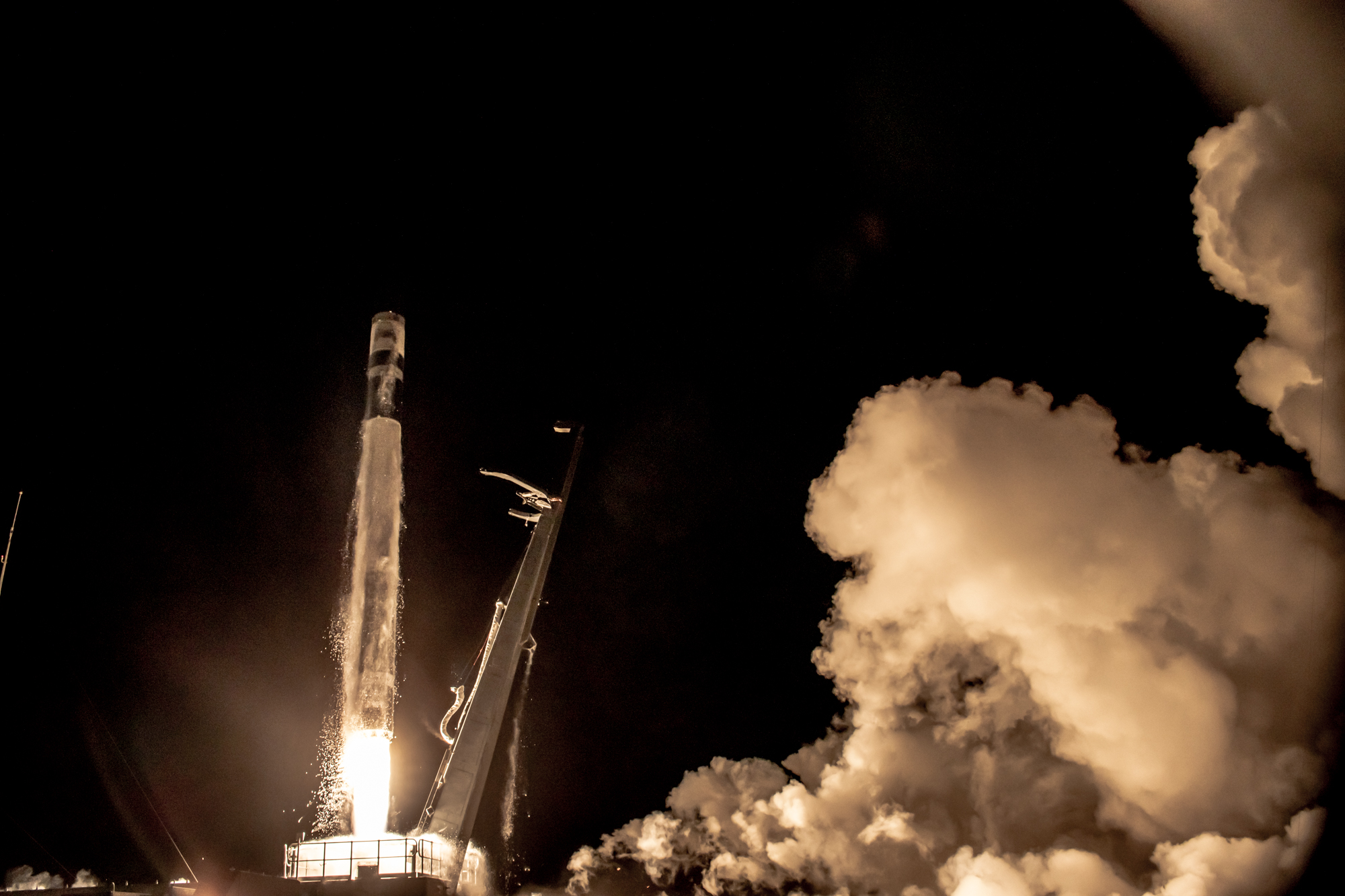Max Q is a weekly newsletter from TechCrunch all about space. Sign up here to receive it weekly on Mondays in your inbox.
We had a few launches this week, including SpaceX’s first one after one of its longer recent pauses in activity. Astra hoped to have its first commercial payload mission go well, but instead it had one of the more visually interesting takeoff mishaps in private spaceflight.
Astra’s launch drifts and then nearly recovers
Astra’s launch from Kodiak, Alaska was its first attempt since it nearly reached orbit with a successful test last year. The engines all lit as planned, but almost as quickly, one of those went out and the result was a rocket that nearly toppled over, before floating horizontally for a while, while the remaining engines redistributed power to ultimately start the vehicle climbing skyward.
It’s perhaps more impressive that the Astra rocket didn’t crash and burn right away, even if this was ultimately a failure. The rocket eventually climbed to an altitude of around 160,000 feet before Astra’s flight engineers issued an abort command and the vehicle returned safely to Earth after the engines cut off.
This was a disappointment because the mission was meant to be Astra’s first commercial flight, since it was carrying a simulated test payload on behalf of client the U.S. Space Force. But it also was still technically a test, and the company says it gathered a lot of valuable data from the roughly 2.5 minutes that the rocket was flying before the abort command was given.
While the newly public Astra’s share price took a hit on the news, I think the more instructive bit for the company’s long-term fortunes will be how long it takes to recover from this mishap and try again, and also what the result will be of that follow-up mission.
SpaceX breaks in its new landing barge
SpaceX’s return to flight was another of the Commercial Resupply Services flights it performs for NASA to the International Space Station, and this one went smoothly as usual. The cargo included a new robotic arm for use on the station, as well as interesting experiments including live ants.
The launch also saw SpaceX use its new ‘A Shortfall of Gravitas’ autonomous drone ocean landing ship for the first time. This is the third drone ship that SpaceX has in its fleet, and everything went smoothly with the landing for a successful recovery of the first stage booster used for the flight.
Blue Origin launches suborbital, non-crewed flight
Blue Origin has launched its 17th New Shepard reusable rocket mission, though this one wasn’t as impressive as its last effort: No Jeff Bezos on board. Unlike that first human spaceflight, there weren’t any passengers in the capsule this go around, but there were a healthy collection of experiments.
One of those was a NASA experimental landing system component that’s going to be used eventually for the agency’s lunar landing vehicle. The interesting subtext here is that Blue Origin is actually suing the agency over its award process for the human lander contract, which selected SpaceX (and only SpaceX) as a lunar lander vehicle provider earlier this year.
Rocket Lab goes public
Rocket Lab is now a public company, trading under the name RKLB on the NASDAQ after a SPAC merger. This is one of the largest private space companies yet to go public via any means, and our own Aria Alamalhodaei spoke to Rocket Lab founder and CEO Peter Beck to get the low-down on the company and what it means to be a member of the public markets.
Meanwhile, ispace is creating a larger lunar lander that can make it through lunar nights. Its existing small lander design isn’t intended to last long in the dark, since its power reserves would deplete quickly and also the super low temperatures are not kind to most electronics.
Join us at TC Sessions: Space in December
Last year we held our first dedicated space event, and it went so well that we decided to host it again in 2021. This year, it’s happening December 14 and 15, and it’s once again going to be an entirely virtual conference, so people from all over the world will be able to join — and you can, too.




Comments
Post a Comment